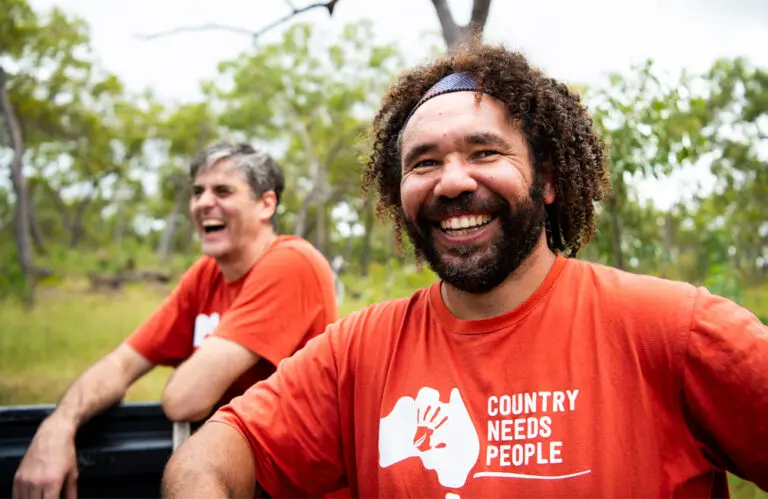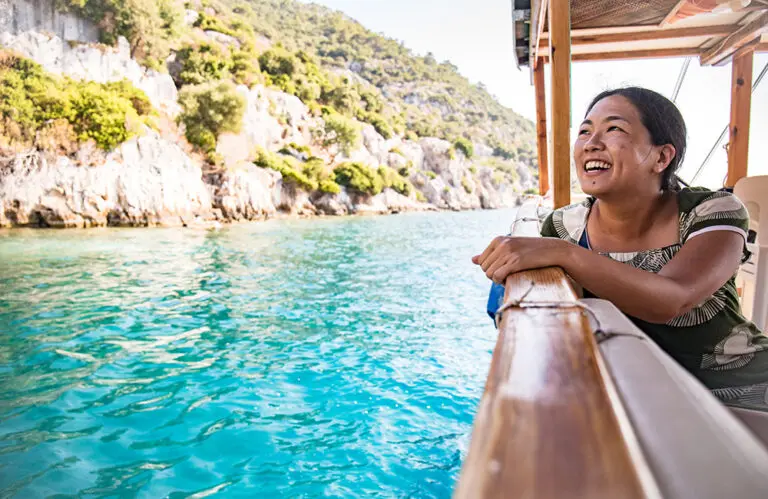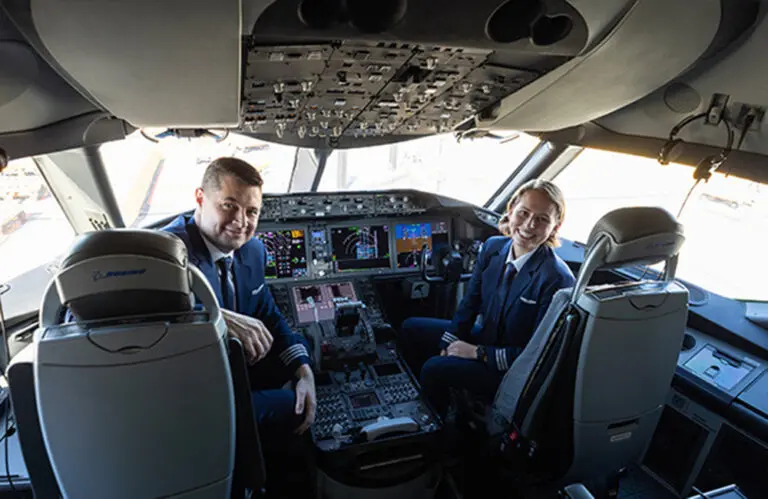Qantas has joined an alliance of airlines, an aircraft manufacturer, and energy and financing companies to help accelerate global production of SAF (Sustainable aviation biofuel).
The new Sustainable Aviation Fuel Financing Alliance (SAFFA) is designed to accelerate the global production of aviation biofuel. The alliance includes anchor investors Airbus, Air France-KLM, Mitsubishi HC Capital Inc., BNP Paribas, Associated Energy Group, and Burnham Sterling Asset Management as the fund manager.
The initial partners have committed around $US200 million, with Qantas contributing US$50 million (AUD$75 million) from its Climate Fund. Established in 2023, the Climate Fund includes the Sustainable Aviation Fuel (SAF) partnership with Airbus.
SAF is currently one of the most effective tools for airlines to reduce emissions, given that low—and zero-emissions aviation technology is still decades away. However, local and global demand for SAF far outstrips supply, with SAF currently costing up to five times more than traditional aviation fuel.
Through SAFFA, the partners will invest in SAF technology development and production projects, initially focusing on repurposing existing infrastructure. Investments will start in the United States but are expected to diversify across various SAF production pathways and regions over time.
Qantas and the SAFFA partners will also have opportunities to enter into priority offtake contracts for the supply of SAF produced through the supported projects.
The fund made its first investment in April 2024 in US-based technology company Crysalis Biosciences, which aims to renew chemical manufacturing infrastructure with innovative fuel and chemical production technologies. The company has successfully acquired and renovated an ethanol plant in Illinois that closed in 2019. The plant has now received approval to resume operations to produce low-carbon-intensity SAF and biochemicals.
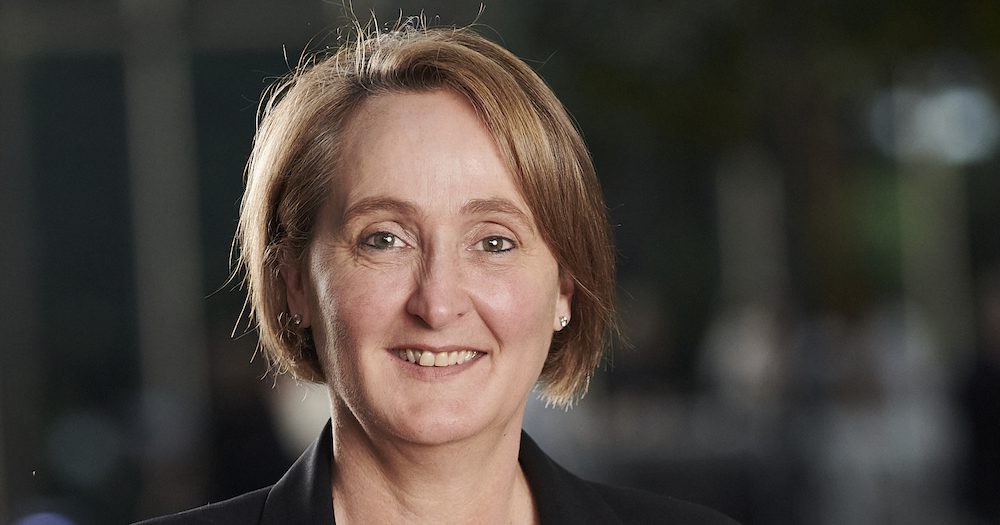
Qantas Group CEO Vanessa Hudson said SAFFA would invest in technologically mature projects, focusing on commercial viability, to improve access to and drive down the cost of low-carbon fuels.
“Aviation is one of the hardest sectors to decarbonise, and it’s going to take partnerships across industries like this to help close the gap between supply and demand,” Ms Hudson said.
“The current imbalance is one of the reasons SAF comes at a significant premium compared to jet kerosene, so it’s critical for the industry to invest now in scaling production.
“Through our Climate Fund and our SAF partnership with Airbus, we continue to have a strong focus on Australian projects to accelerate the establishment of a domestic industry, however most of the new SAF investment opportunities here have long development lead times.
“The SAFFA fund will enable us to get priority access to SAF sooner in key overseas markets while helping drive the development of the overall industry.”
Separate from its investment in SAFFA, Qantas says it is evaluating several additional domestic investment opportunities from its Climate Fund, which it expects to finalise in the coming months.
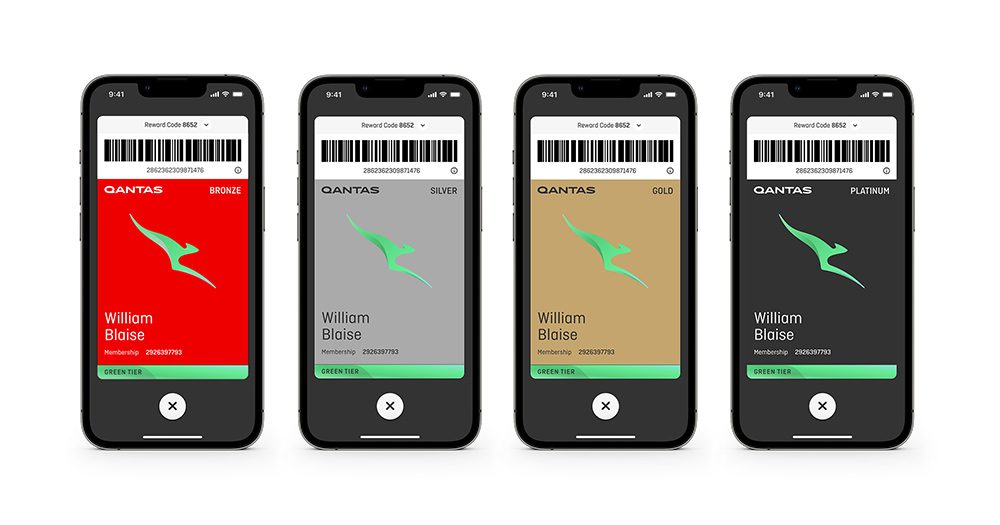
Qantas has also invested in a Queensland biofuel production facility being developed by Jet Zero Australia in partnership with LanzaJet, a leading sustainable aviation fuel technology company. Earlier this year, Jet Zero Australia raised A$29 million in its second round of funding, marking a significant milestone for the project.
Qantas launched a Green Tier for frequent flyers in 2022, which has seen more than 400,000 frequent flyers take steps towards reducing their environmental footprint.
In addition to emission reduction targets and initiatives, the Group has committed to zero single-use plastics by 2027 and zero general waste (excluding quarantine waste) to landfill by 2030.




